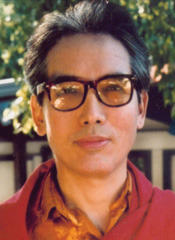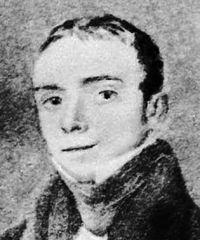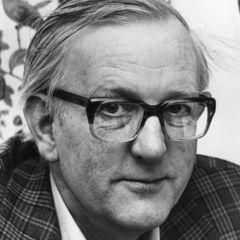Theodore Parker Quotes - Page 4
Democracy is direct self-government over all the people, for all the people, by all the people.
Sermon at Music Hall, Boston, Mass., 4 July 1858 See Lincoln 42; Theodore Parker 1; Daniel Webster 5
Theodore Parker “Centenary Edition [of the Writings of Theodore Parker]”
Temperance is corporeal piety; it is the preservation of divine order in the body.
Theodore Parker (1867). “The Collected Works of Theodore Parker: Sermons. Prayers”, p.18
Theodore Parker (1853). “Theism, Atheism, and the Popular Theology: Sermons”, p.55
Wit has its place in debate; in controversy it is a legitimate weapon, offensive and defensive.
Theodore Parker (1871). “Speeches, Addresses, and Occasional Sermons”, p.299
Theodore Parker (1850). “A Sermon of Immortal Life: Preached at the Melodeon, on Sunday, September 20th, 1846”, p.10
Theodore Parker (1867). “The Collected Works of Theodore Parker: Sermons. Prayers”, p.55
"Checklist For Life For Moms" by Thomas Nelson Publishers, (p. 139), 2005.
Theodore Parker (1865). “Lessons from the World of Matter and the World of Man”, p.205
"The Collected Works of Theodore Parker: Historic Americans".
Theodore Parker (1866). “The Collected Works of Theodore Parker: Discourses of theology”, p.1
Genius is the father of a heavenly line, but the mortal mother, that is industry.
Theodore Parker (1855). “Ten Sermons of Religion”, p.219
Justice is the idea of God, the ideal of man, the rule of conduct writ in the nature of mankind.
Theodore Parker (1867). “The Collected Works of Theodore Parker: Sermons. Prayers”, p.57
Theodore Parker (1863). “The Collected Works of Theodore Parker: Discourses of politics”, p.135
Theodore Parker (1853). “Sermons of Theism, Atheism, and the Popular Theology”, p.404
Man never falls so low that he can see nothing higher than himself.
Theodore Parker (1864). “Critical Writings”, p.1
Theodore Parker (1865). “Lessons from the World of Matter and the World of Man”, p.39
I ask no risen dust to teach me immortality; I am conscious of eternal life.
Theodore Parker (1850). “A Sermon of Immortal Life: Preached at the Melodeon, on Sunday, September 20th, 1846”, p.26
Theodore Parker (1859). “The critical and miscellaneous writings of Theodore Parker”, p.123







